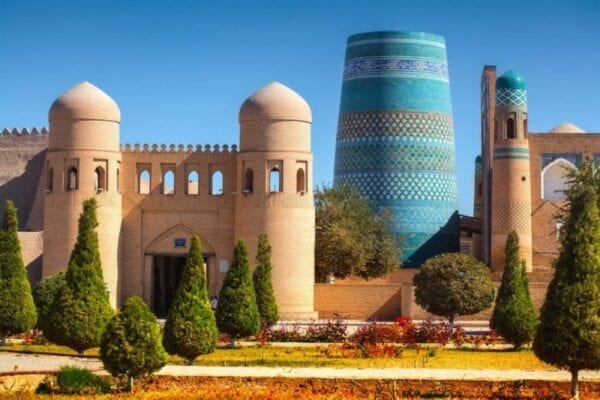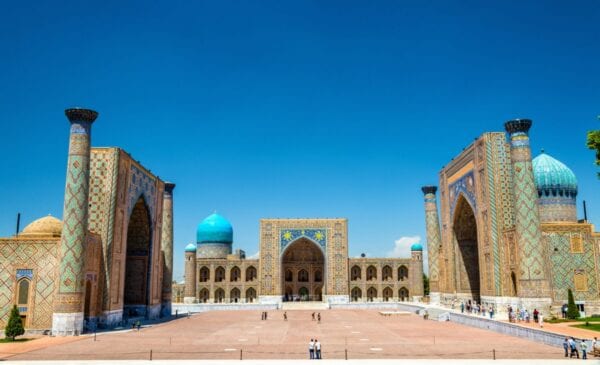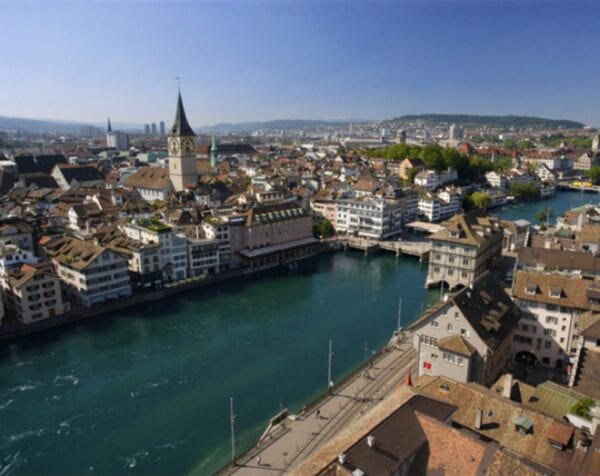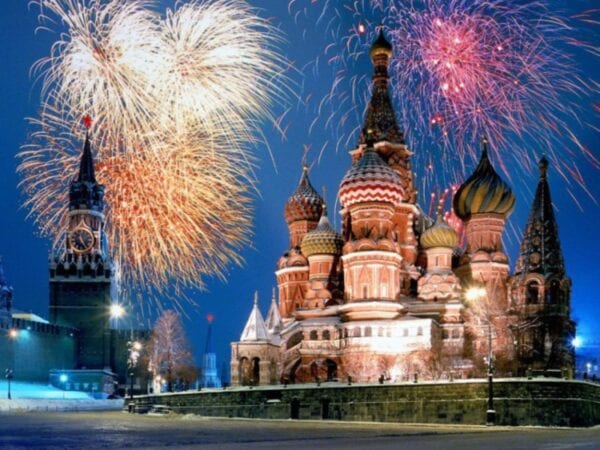 07, Декабрь, 2017
07, Декабрь, 2017Myths and history of the Russian State
Despite the fact that the history of the Russian State has more than one millennium, or even two, about the historical past of our state, and to this day, there are quite a few absurd rumors and prejudices. And if the myths and misconceptions that bears are running around the streets of Moscow, while drunk Russians do not know what to do except how to play the balalaika some time ago, it was pretty, reasonably dispelled, then the remaining stereotypes continue to live and exist.
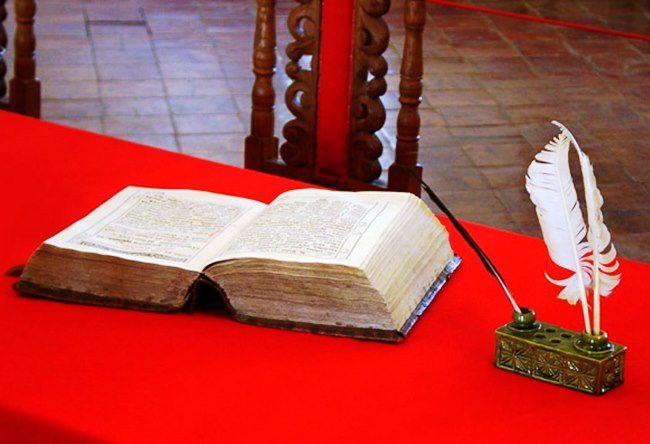
So in particular in many historical chronicles when describing the dwelling of the ancient Slavs, a dwelling dug in the ground and lined with logs was mentioned. At the same time, in the middle of this dwelling, its owners were lit a fire covered with stones, on which they poured water. And, since in the house, at the same time, the steam rose, then our ancestors, in this house slept undressed. This opinion arose from the chronicles of Arab merchants, who in ancient times came to Russia to engage in trade. However, probably, by the general description of this dwelling, each of us can assume that in fact it represented this dwelling and what it was intended for. It is worth recalling that the wild European nations, and Rome itself at the time called our country — Gardarica (country of cities), and the Greeks in the second millennium BC — Hyperborea (the country beyond the north wind or the northern country).
Taking into account, the same circumstances, the European philistine has another myth or absurdity, connected with the presence of our ancestors beard. It was this circumstance that told Europeans of the fundamental uncleanliness of our bearded ancestors. However, if you turn a bit of European history, the ancient Slavs were in the same baths described a little higher, much more often than the same inhabitants of medieval Europe. After all, especially to ensure that the European noblemen did not wash themselves, they came up with perfumes that concealed a somewhat unpleasant smell for years of unwashed body, and dressed in silk, on which lice rolled down. Knowingly «wash» in English — «wash» (wash).

No less remarkable moment, in this string of myths about our ancestors is the myth that the soldiers — the Slavs, went out on the battlefield in naked form. In principle, this kind of misconception is based on the description of the military operations of the ancient Slavs in the historical work of the Emperor of Byzantium, Constantine VII «On the Management of the Empire,» where the episode is described in fairly vivid colors. However, the ancient Slavic warriors were exposed only to the waist, and only commanders of the detachments used this privilege, thus showing their courage and not the applicability of the soldiers to their enemies.
Another myth, described in textbooks, and firmly entrenched in the minds of Soviet and Russian citizens — the invitation of the Varangian Swede Rurik to reign. Well, let’s start with the fact that the Swedes at the time were not that they did not get off the trees — Sweden will appear much later. Further in the chronicle of Nestor it is clearly stated that the Varangians are the Slavs. Initially, the Varangians — this is one of the Slavic clans that cooked … — yes, they cooked salt, which at that time was extremely expensive. Due to the constant danger from the Vikings and other servants of the crow (the Slavs were symbolized by the falcon — he remained on the coat of arms of Ukraine), the Varangians turned into well-trained soldiers, and then many tribes broke off from the patrimonial nest, already Varangian wars and plowed the seas.

